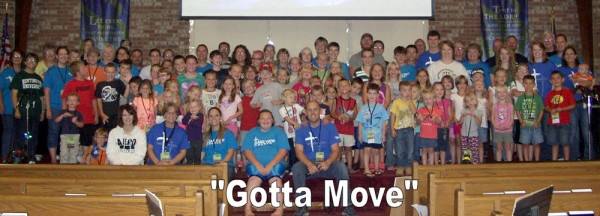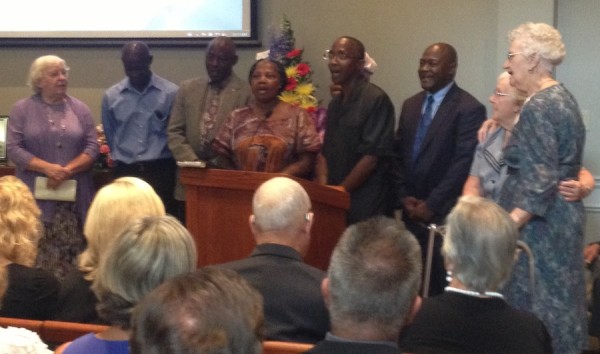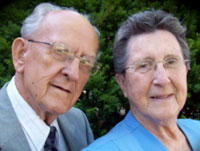13 Aug Prayer for Roger Reeck
 Marilyn Reeck, Wycliffe Bible Translators, Honduras
Marilyn Reeck, Wycliffe Bible Translators, Honduras
Over the years the Lord has been gracious and wonderful to us, and we praise Him for His blessings. But now, we need your help–to pray for Roger and his pain level.
In April, Roger had an operation on his left ankle with the hope of relieving some of the pain he feels, but several months later, the pain still lingers. It appears that the pain is nerve related. He has been taking Lyrica for two months and has received steroid shots in the ankle area. So far, nothing has helped and the strong pain persists–especially as rainy weather approaches.
Awhile back, Roger committed to go to Mozambique to lead a seminar on translating the book of Psalms and also to check the translation of Psalms for the Sena language group. We are just days away from him leaving and have become concerned about the persistent pain, especially because I will not travel with him.
We invite you to commit to pray for Roger each day while he is in Mozambique–for a total of three weeks. Please pray with us for the following:
- That Roger will be released from this strong, debilitating pain.
- For the long trip. Roger’s leg usually swells and becomes painful during a flight.
- That Roger will have the ability to concentrate in order to lead the workshop and to guide the Sena group through the revision of the translation.
Here is Roger’s travel schedule:
Aug. 17: Travel from La Ceiba to Houston.
Aug. 18: Travel from Houston to Washington DC.
Aug. 19: Travel from Washington to Johannesburg thru Ehiopia.
Aug. 20: Request the visa to Mozambique.
Aug. 22: Travel from Johannesburg to Mozambique.
Aug. 19-23: Psalms workshop.
Aug. 26 – Sept. 6: consult check the translation for the Sena language group.
Sept. 8: Travel back to Johannesburg.
Sept. 9: Travel back to Houston and Honduras.



 Ben Gladhill (right), Associate Pastor of Christian Education, Lake View Church (Camden, Mich.)
Ben Gladhill (right), Associate Pastor of Christian Education, Lake View Church (Camden, Mich.)

 Rev. Marion and Frances Burkett will celebrate their 70th wedding anniversary on August 14, 2013. They were married on that day in 1943. Since then, they have pastored a number of United Brethren churches, and have served as United Brethren missionaries in Sierra Leone, at the Laurel Mission in Kentucky, as United Brethren church planters.
Rev. Marion and Frances Burkett will celebrate their 70th wedding anniversary on August 14, 2013. They were married on that day in 1943. Since then, they have pastored a number of United Brethren churches, and have served as United Brethren missionaries in Sierra Leone, at the Laurel Mission in Kentucky, as United Brethren church planters.



 Steve Dennie, Director of Communications
Steve Dennie, Director of Communications